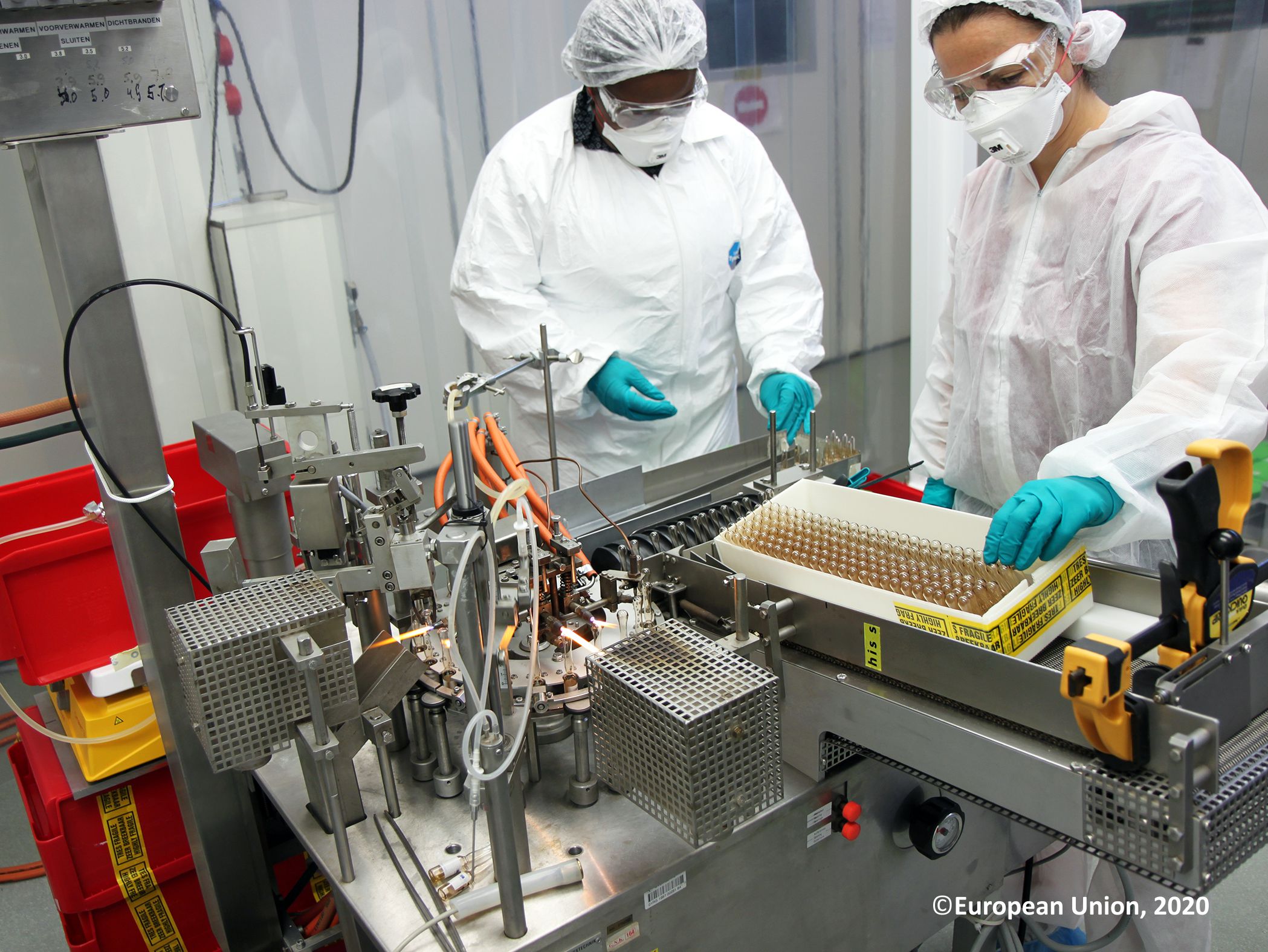
Commission must postpone deforestation regulation and then fundamentally revise it
- Details
Peter Liese: Goal correct, but implementation far too bureaucratic / Letter from Biden administration shows urgency
“The European Commission absolutely must postpone the entry into force of the deforestation regulation and then use the transitional period to reduce bureaucracy in the text," demanded Dr. Peter Liese, environmental spokesperson for the largest political group in the European Parliament (EPP, Christian Democrats). The aim of the regulation is to be fully supported, the MEP continued: "We must do something about deforestation worldwide and take our responsibility seriously. It is unacceptable for areas the size of eleven soccer pitches to fall victim to deforestation per minute. However, the regulation has been turned into a bureaucratic monster by a majority of Greens, Social Democrats, Leftists and French Liberals. Many small farmers around the world and even small forest owners in the European Union cannot work with the text. Even the preparatory work that the Commission should have carried out has not been done. In addition, third countries are complaining massively about the legislation, including countries that are pursuing the same goal as we are, namely to stop deforestation. Most recently, in a letter dated May 30, the Biden Administration from the U.S. urged the Commission to postpone the entry into force.”
Read more: Commission must postpone deforestation regulation and then fundamentally revise it
Commission Communication on the Health Union
- Details
Major breakthroughs in the past five years / Further progress desperately needed after the election
“We achieved a major breakthrough in European Health Policy during the last mandate. This was not only due to COVID, already before the pandemic started, the Commission accepted the idea of the EPP-group and created the Cancer Action Plan. This is so successful that representatives of other diseases want a copy-paste. We as EPP support an action plan for cardiovascular diseases as well as for diseases like Parkinson and Alzheimer”, said Peter Liese, health policy spokesperson of the biggest parliamentary group (EPP Christian Democrats), after the publication of Commission communication through Vice President Margaritis Schinas.
Peter Liese on Future EU Climate and Environmental Policy
- Details
We Need More Deal in the Green Deal / Unleashing Program for Climate Protection Instead of Detailed Regulations and Bureaucracy
"We need more deal in the Green Deal. Instead of detailed regulations and too much bureaucracy, we need to help the industry implement investments in climate neutrality through an unleashing package for climate protection," explained the environmental spokesperson of the largest group in the European Parliament (EPP, Christian Democrats), CDU Member of Parliament Dr. Peter Liese, ahead of the new European Parliament's constitution and the decision on the future President of the Commission.
Read more: Peter Liese on Future EU Climate and Environmental Policy
Ursula von der Leyen suggests exemptions from PFAS ban in letter to EPP MEPs in the European Parliament
- Details
Peter Liese: Neither medicine nor the transformation to climate neutrality will work without PFAS
Commission President Ursula von der Leyen is planning a permanent exemption from the planned ban on the PFAS chemicals for essential applications, e.g. in medicine or in the transformation to climate neutrality. This emerges from a letter that von der Leyen has addressed to a number of MEPs. Five member states had requested a comprehensive ban from the European Chemicals Agency ECHA, based in Helsinki. This led to opposition from the industry, as this group of substances is very, very diverse and in some areas the material is absolutely necessary. For example, the production of mRNA vaccines by BioNTech is only possible because the lipids required for this are produced with PFAS at Evonik's plant in Hanau, Germany. PFAS is equally indispensable in medical technology and in the production of hydrogen and wind turbines. Von der Leyen now writes that the Commission will provide for exemptions for these areas.




